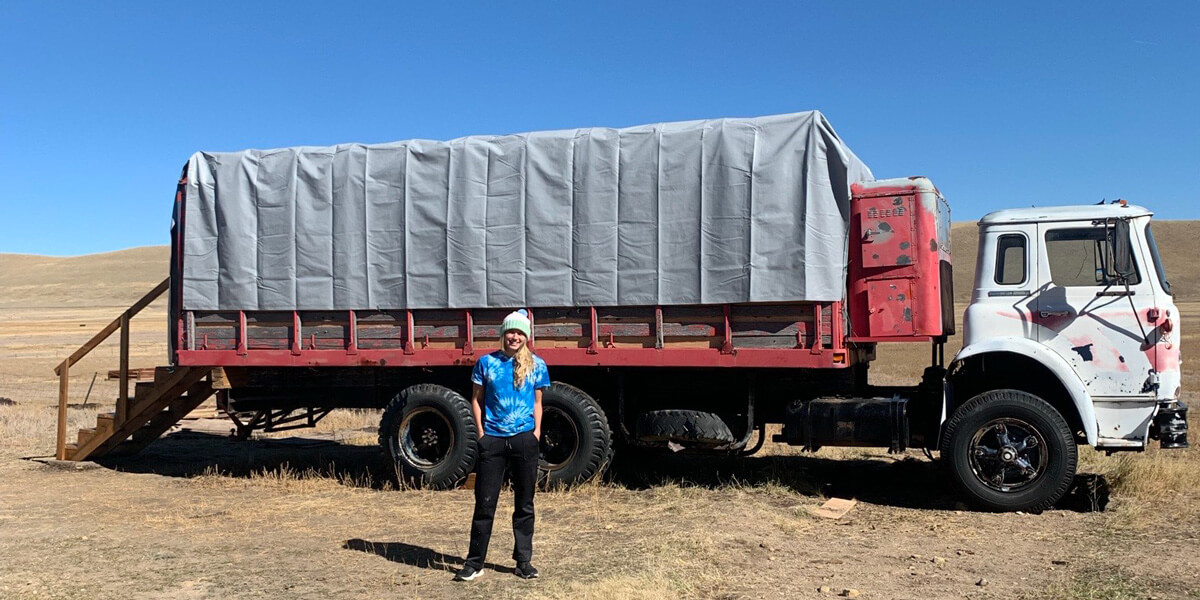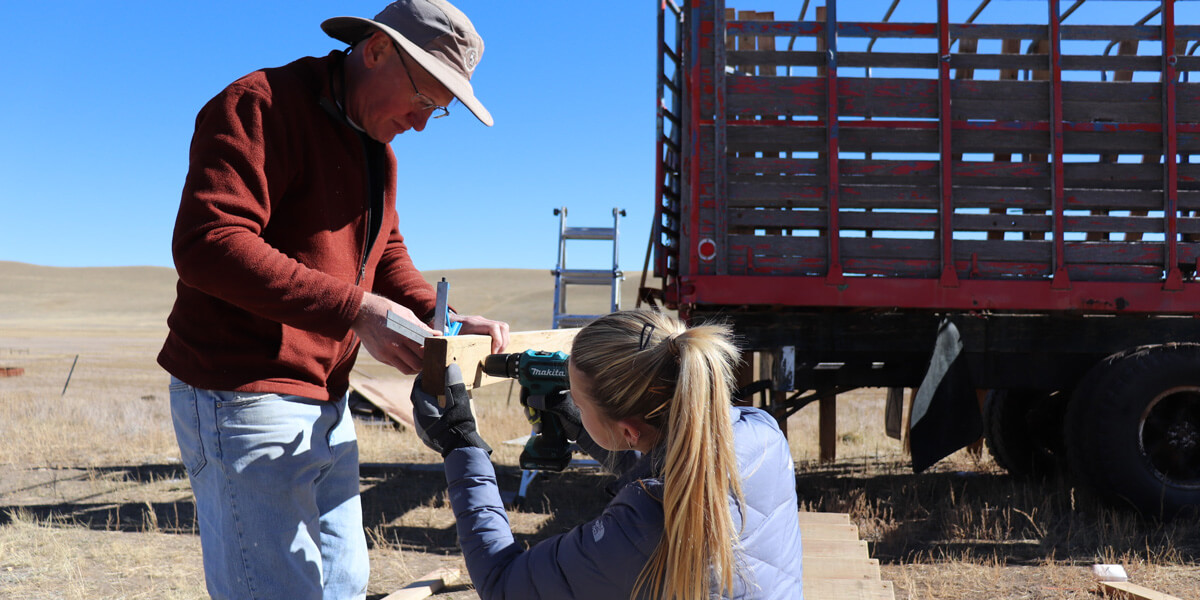Seniors at Colorado Academy find their Community Impact Projects (CIP) have taken them from animal shelters to assisted living facilities, from food banks to fundraisers.
This year, one CIP required hazmat suits and won a national award. Another involved chess boards and opened a new world for a third grader with Tourette syndrome. Both of these projects were supported by funds from the Jennifer Wu Memorial Fellowship, which is awarded annually to Juniors by the CA Alumni Association to help them pursue a summer project before their Senior year.
Both projects demonstrated CA students at their best—curious, kind, courageous, and adventurous.
Wyatt Rubey
February 1, 2019, was a major day in the life of Senior Wyatt Rubey. That’s the day that girls were officially allowed to join Scouts BSA (formerly Boy Scouts of America). She was 14 years old, in the Ninth Grade, and joined the first chance she could.
“During my childhood, I loved camping, hiking, being outdoors,” Rubey says. “When I saw they were letting girls in, I saw this as an opportunity to join an organization that would let me do what I love.”
Rubey joined Troop 199, based in Washington Park, where her brother was already a scout. She quickly moved through the ranks, showing leadership, doing volunteer work, and demonstrating teaching skills. She earned 21 merit badges, which brought her to the Eagle Scout Service Project, the final hurdle before she could become an Eagle Scout.
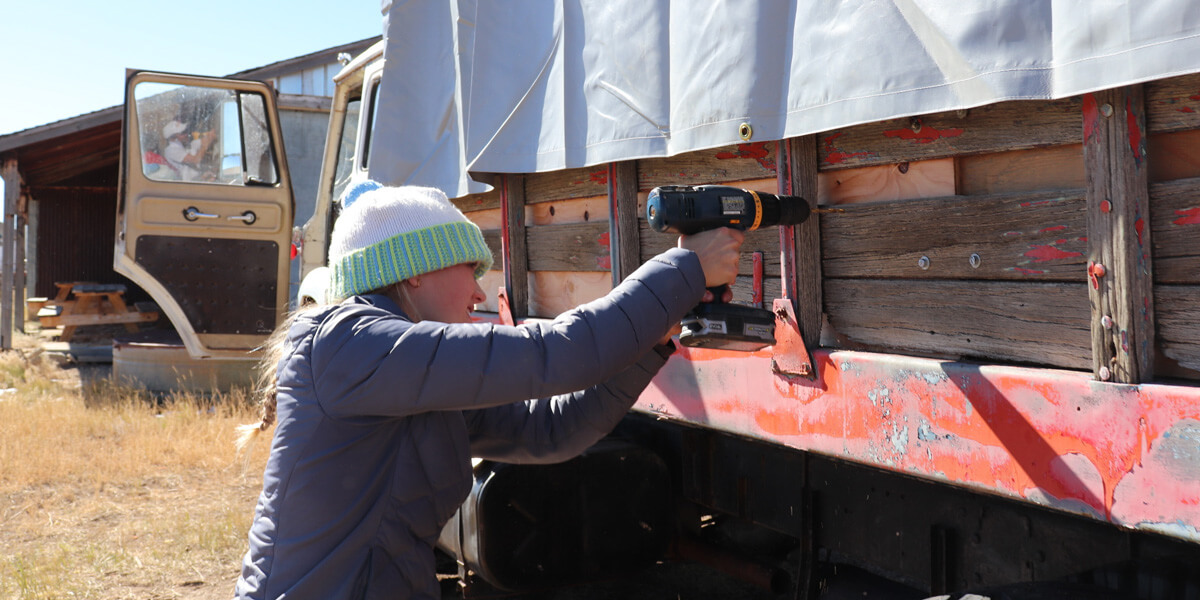
An award-winning Eagle Scout
Rubey had camped at the Rocky Mountain Land Library, located near Fairplay, at Buffalo Peaks Ranch. The founders had envisioned a place that joined books with the land, providing a location for respite and study. The library houses more than 50,000 volumes dedicated to natural history, gathered and curated by co-founders Jeff Lee and Ann Marie Martin throughout their careers at the Tattered Cover Bookstore.
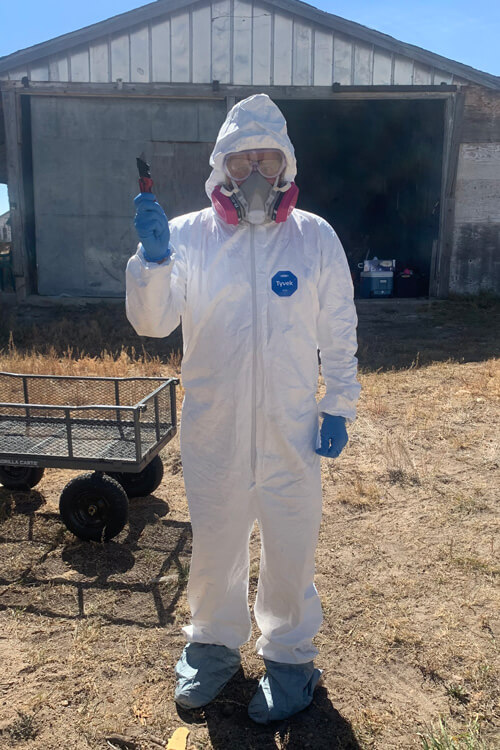
Where some visitors to the ranch noticed an out-of-commission, rotting livestock truck abandoned on the land, the founders saw potential. When they met with Rubey, she saw an opportunity—to take the truck and turn it into a covered campsite for visitors. The project would fulfill her Eagle Scout requirement and her CIP.
“I saw how much this meant to the Land Library,” Rubey says. “I wanted to give back to a place that allowed me to camp on their beautiful property.”
With help from her family and troop, Rubey replaced the rotted floors of the truck, redid the interior walls with siding, built and mounted stairs leading to the truck bed, ordered a custom cover to protect campers from weather and rain, and cleaned out the front of the truck, which had been inhabited by rodents and other animals. (That’s where the hazmat suits were necessary.) By the time she had finished, she estimates that, all together, everyone working on the truck had invested about 1,000 man hours.
She raised funds to pay for some of the project and was supported by CA through the Alumni Association and the Jennifer Wu Memorial Fellowship.
“I learned leadership skills doing this,” Rubey says. “I am not the kind of person who normally is telling people what to do, but I learned to do that and to ask for help because I could not have done this myself.”
Rubey finished the project in October 2021 and became an Eagle Scout in November. Her project won the Glenn A. and Melinda W. Adams National Eagle Scout Project of the Year Award, given to one Eagle Scout in the Denver area each year. This year, there were 408 projects in the running. She became the first female Eagle Scout to win this award, and the first female Eagle Scout in Colorado to win a nationally recognized award for an Eagle Scout Project.
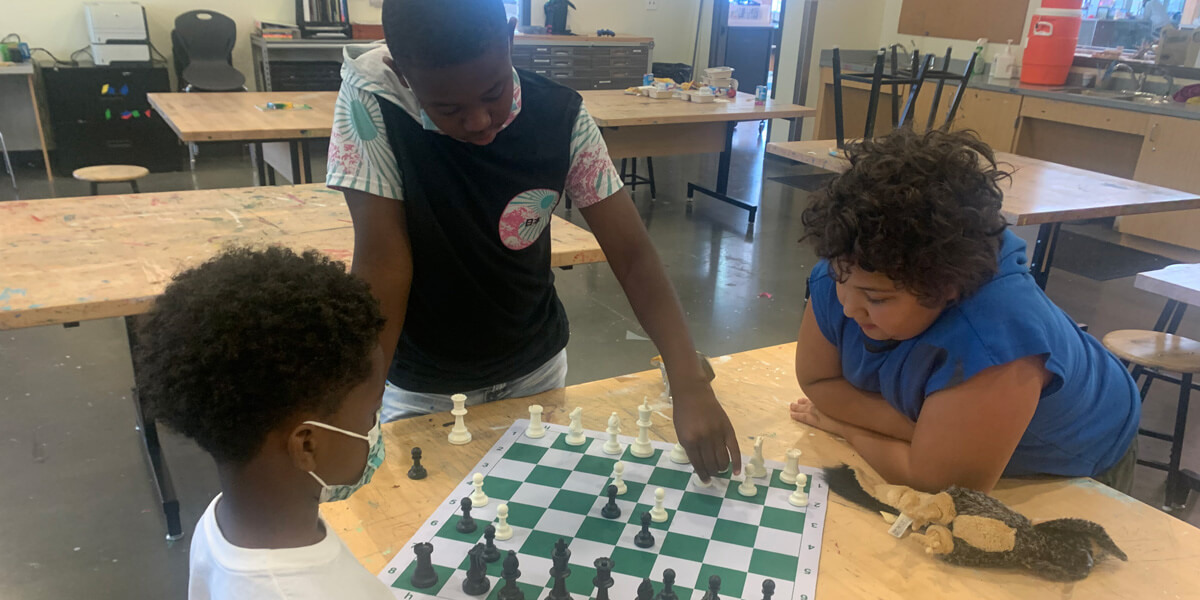
Baillie Weil
“Tall, long chicken! Tall, long chicken!”
Those words, spoken by a third grader with Tourette syndrome, confirmed for Senior Baillie Weil that he had made the right choice for his CIP—teaching chess to youngsters at a Boys & Girls Club last summer.
“I like striving for equality in the world,” Weil says. “Chess is often seen as an elite game, but it is a game of equal opportunity. It doesn’t matter where you come from. It matters how you think.”
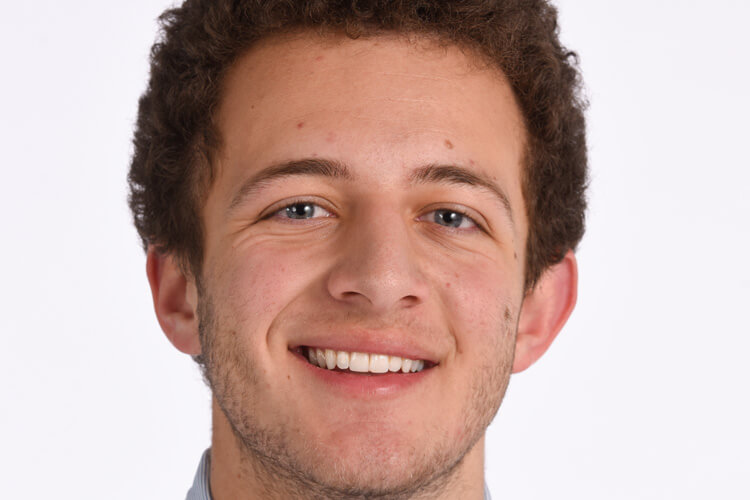
Weil’s project started with a losing streak. It was fall of their Junior year, and Weil and classmate Bo Turnage started a chess competition. Except there wasn’t much competition—Turnage won every time until, one day, Weil says, he “got tired of losing.”
He started reading books on chess, watching videos, playing more, and even took a MasterClass online with chess grandmaster Garry Kasparov. He started entering and winning tournaments—and he beat Turnage.
“I became infatuated with chess,” Weil says. “I knew I was never going to be the best in the world, but there is a never-ending amount of thinking, processing, studying, out-maneuvering, and calculating, and that’s what I fell in love with.”
Take Weil’s love for the game and combine it with his desire for equality in the world, and the logical next step was to teach chess. He used funding from the Jennifer Wu Memorial Fellowship to purchase chess boards and persuaded the Vickers Boys and Girls Club to let him teach for eight weeks.
He started out with some fears—what if one of his students was better at chess than he was?
“I wanted to do it despite the fear,” he says. “I wanted to stand up to the fear and spread my love for this game.”
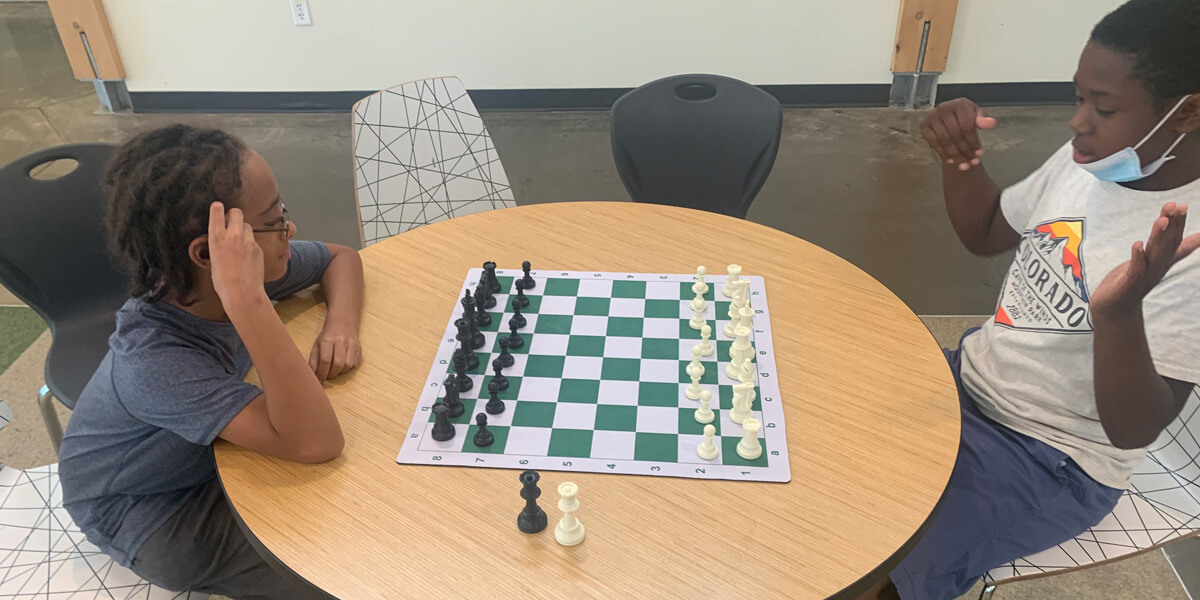
Why the CIP matters
And that’s how he met a young boy who came up, shook his hand, and then announced “tall, long chicken, tall, long chicken.” It took Weil a few moments to figure out that this child had Tourette syndrome. He had been disruptive in a gym class, so off he was sent to learn chess. And learn he did, becoming the best player in the club.
“People had overlooked him, but he is a beautiful soul,” Weil says. “Teaching chess, I became a student of life, and that was the most valuable lesson. All lives are valuable.”
Weil confesses that had he not been required to do a CIP, he might never have taught chess to children. For that reason, he believes that CA is wise to make the CIP a graduation requirement.
“You don’t just have to be a student in a classroom at CA,” he says. “You can be a student in the world, a student of life. And my CIP helped me do it.”
